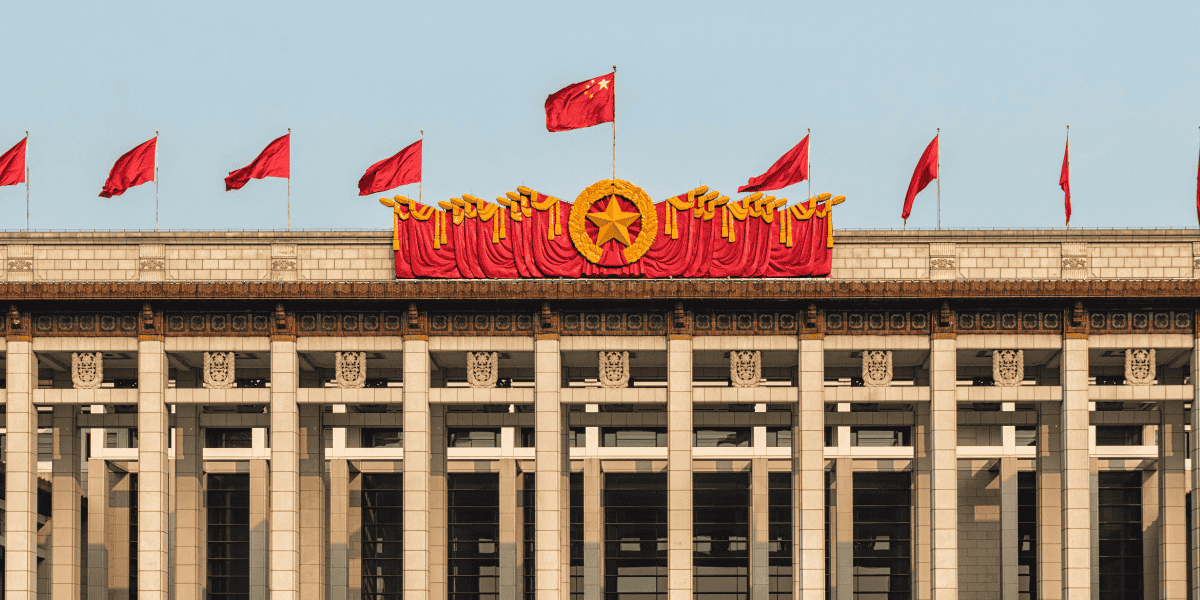China’s State Administration of Taxation (SAT) takes the view that locally-based automotive enterprises that are apparently carrying out activities with limited function and risk are in fact performing valuable marketing efforts in China. The tax authorities therefore consider that Chinese subsidiaries should be appropriately compensated for valuable marketing intangibles.
The SAT has therefore expressed its preference for applying the Residual Profit Split Method (RPSM) instead of the more commonly applied Transactional Net Margin Method (TNMM) in determining the appropriate level of profitability attributable to the local manufacturer’s contribution to an intercompany transaction in the automotive and auto component sector.














